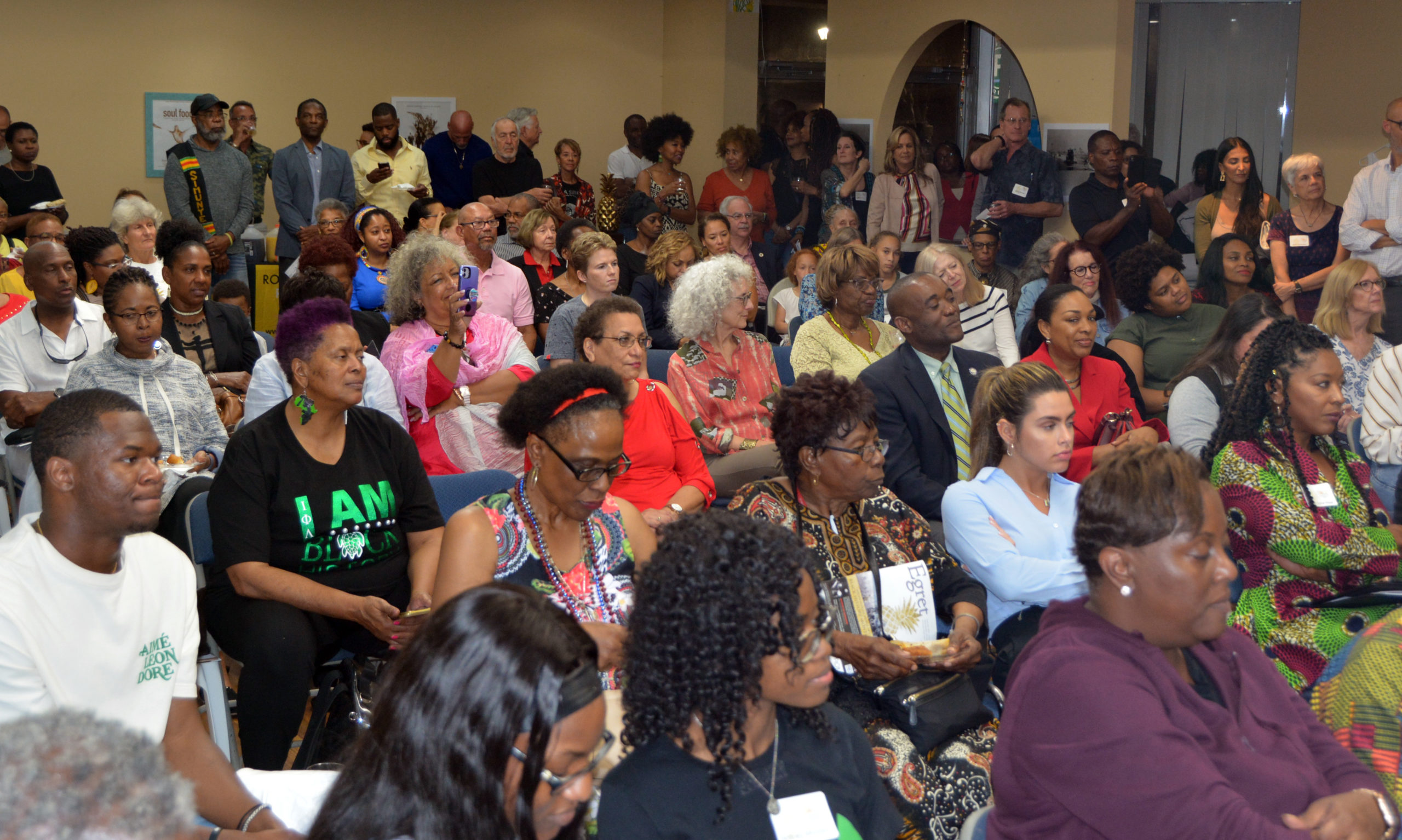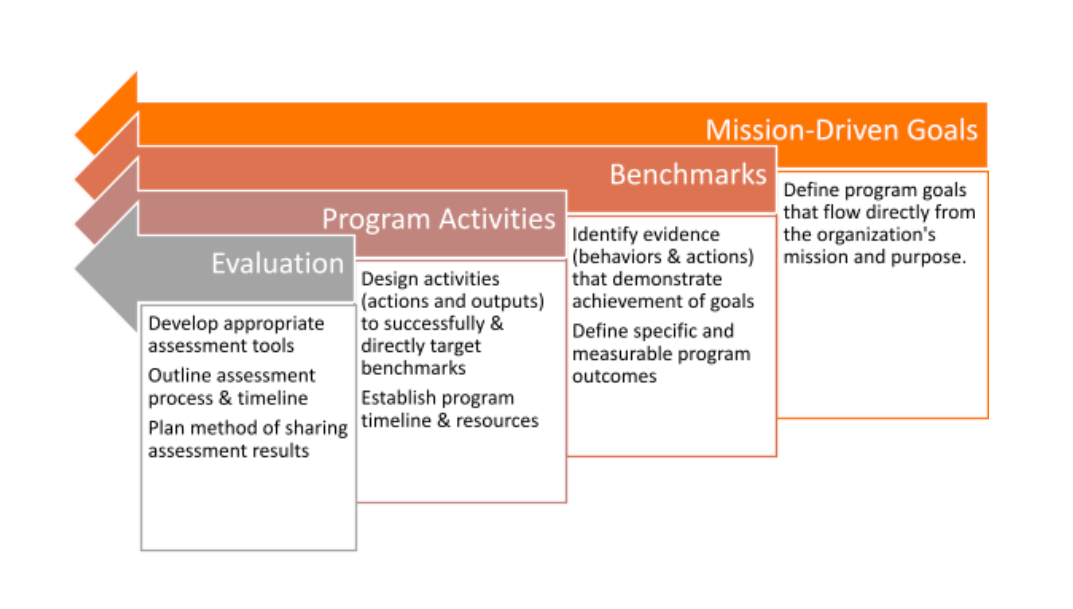U360I SERVICES
Our vision is to plant the seeds of transformation through personal reflection, truthful storytelling, deep dialogue, and conversations rooted in restorative practice on the journey toward racial healing.
- DEI Assessment
- Anti-Racist Consulting/facilitation
- Program/Curriculum Development
- Experiential teaching technique
- Community Enrichment Programs,
- Restorative Practice
- Community Accountability
- Humanity Labs
- Training
- Train-the-Trainer
- Formal External DEI Assessment
- Awkward Dinner series
- Internal Climate Review
- Determining “Woke” Scale via Survey & Assessment
- Support developing DEI Mission Statement / Community Accountability Statement
- Definitions/language justice
U360I METHODOLOGY
U360I draws upon a tri-fold methodology and backwards planning to meet
short and long-term partnership project goals, as outlined below.

Diversifying
An anti-racist approach requires ongoing introspection, reflection, accountability, and a willingness to act against racist beliefs and structures. As Ibram Kendi proclaimed in his best-selling book, How to be an Antiracist, “To be anti-racist is a radical choice in the face of history, requiring a radical reorientation of our consciousness.”
To be decolonial is to look critically at social structures that came to be through the process of European colonization and to go through a process of ontological liberation in order to see value in diverse ways of knowing and experiencing the world. A decolonizing approach exposes the ways indigenous peoples’ cultures and knowledge systems were devalued, if not destroyed, under colonial rule.
Intersectionality describes the point at which one’s social identities (e.g. race, gender, ethnicity, orientation, etc.) meet to influence how individuals experience and navigate society. Kimberlé Crenshaw coined the term originally to explain how Black women experienced racism uniquely within the workplace due to prejudiced ideas about work suited for women and work suited for Black people.
Deepening
- Appreciative Inquiry
Appreciative Inquiry is an asset-based approach to organizational change that focuses on leveraging an organization’s core strengths, rather than seeking to overcome or minimize its weaknesses. Assuming that organizations move in the direction of what they study, the Appreciative Inquiry method engages organization stakeholders to study what they do best and how they do it. The approach is neither “top down” nor “bottom up”, but rather a “whole systems” approach to organizational change and development. Through internal/external survey and assessment, Centron will be able to identify the strengths of the organizational culture to use in developing DEI policy and practice.
Developing
- Logic Model Approach to Program Design:
Logic models use visual tools to help organizations envision goals and strategically develop action plans in order to meet those goals. Logic model program design includes the process of defining desired outcomes, identifying appropriate assessment tools, developing activities that are designed to meet the desired outcomes, and outlining the resources (human and material) needed for the process. A “backwards planning” approach facilitates the process of defining clear and measurable benchmarks that derive directly from an organization’s mission and purpose, and a feasible timeline for implementation of program activities. The collaborative process strengthens relationships between stakeholders through facilitated reflection and “deep conversations” about programs and practice.
Backwards Planning Program Planning Process

1. Kendi, I. X. (2019). How to be an antiracist. First Edition. New York: One World. 2. Crenshaw, K. (1989). Demarginalizing the intersection of race and sex: A Black feminist critique of antidiscrimination doctrine, feminist theory and antiracist politics. University of Chicago Legal Forum. 1989 3. Cooperrider, D. L. www.davidcooperrider.com 4. Wiggins, G. and McTighe, J. (2005). Understanding by Design. (2nd ed.). Alexandria, VA: Association for Supervision and Curriculum Development.
